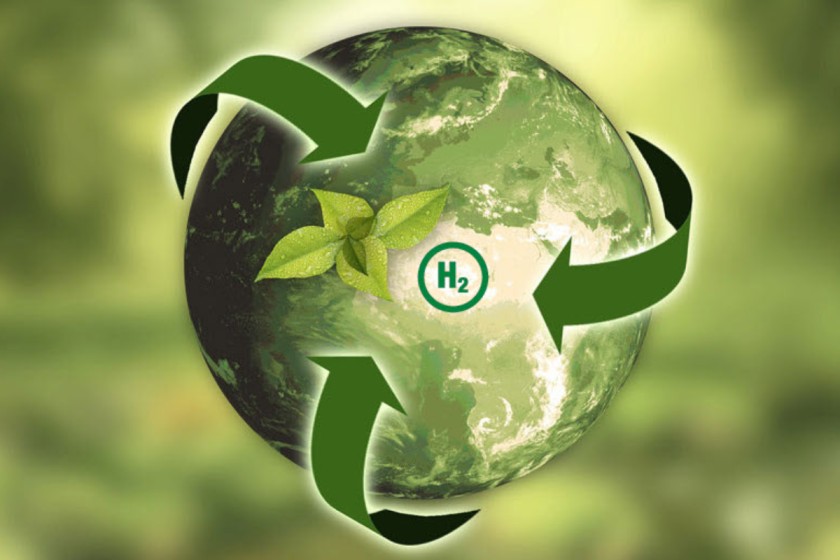- May 26, 2023
Developed nations hamper green hydrogen and energy transition for developing countries, says Power Minister

Despite obstacles and carbon taxes on imports imposed by developed nations, India is committed to green hydrogen ambitions.
During a Confederation of Indian Industry event, Power and New & Renewable Energy Minister R K Singh emphasized India’s ambition to emerge as a frontrunner in green hydrogen and the overall energy transition. Despite the obstacles imposed by developed nations that hinder the clean energy objectives of developing countries, India remains determined to achieve its clean energy goals.
The minister criticized the developed nations for their decision to impose carbon taxes on imports, while simultaneously neglecting to address the need for cost reduction in battery storage. The availability of affordable battery storage is crucial in enabling the continuous supply of power from renewable energy sources.
He further expressed that these countries are offering excessively generous incentives for green hydrogen manufacturing, which consequently acts as a barrier for developing nations in attracting investments within the sector.
Singh confidently stated that India is poised to possess one of the world’s largest capacities for green hydrogen production. However, he also highlighted that certain developed countries are erecting barriers, impeding the progress of the sector. Singh pointed out that while the cost of green hydrogen production stands at $3, these countries are providing subsidies of the same amount, displaying a restrictive mindset even in Europe.
The Union Cabinet has granted its approval for the National Green Hydrogen Mission, allocating an initial budget of Rs 19,744 crore. This comprehensive plan encompasses Rs 17,490 crore specifically dedicated to production-linked incentives (PLIs) aimed at fostering the production of green hydrogen and the manufacturing of electrolysers.
Although the industry is actively strategizing to embrace green hydrogen and appreciates the incentives, senior executives highlight that the allocated quantum might fall short in light of the ambitious incentives being offered by several other nations.
The United States has taken significant steps to promote renewable energy by enhancing tax credits and introducing new provisions for clean hydrogen. Under these recent changes, renewable electricity and clean hydrogen plants established in 2023 are eligible to receive a production tax credit of 2.6 cents per kilowatt-hour (kWh) and up to $3 per kilogram (kg) of hydrogen.
“Bluntness is essential in navigating international energy politics,” asserted the minister, emphasizing the need for straightforwardness in addressing the complex dynamics of the sector. The minister further expressed criticism towards developed nations for pressuring developing countries to transition to clean energy, even when it entails high costs.
Singh confidently stated, “In the event that battery costs do not decrease, it will be imperative for me to augment our thermal and hydropower capacities. I am resolute in expressing this, and my position remains unchallenged.”
He further pointed out, “All those who previously lectured us on the urgency of phasing out fossil fuels swiftly changed their stance after the disruption in gas supply during the Ukraine war, shifting their focus to energy security.”
Singh highlighted India’s proactive efforts in enhancing hydropower capacity, with approximately 15,000 MW currently under construction and an additional 30,000 MW in the pipeline. These endeavors are aimed at bolstering intermittent renewable energy sources. He further emphasized that the government is actively working towards making battery storage more economically feasible by addressing both supply and demand challenges.
